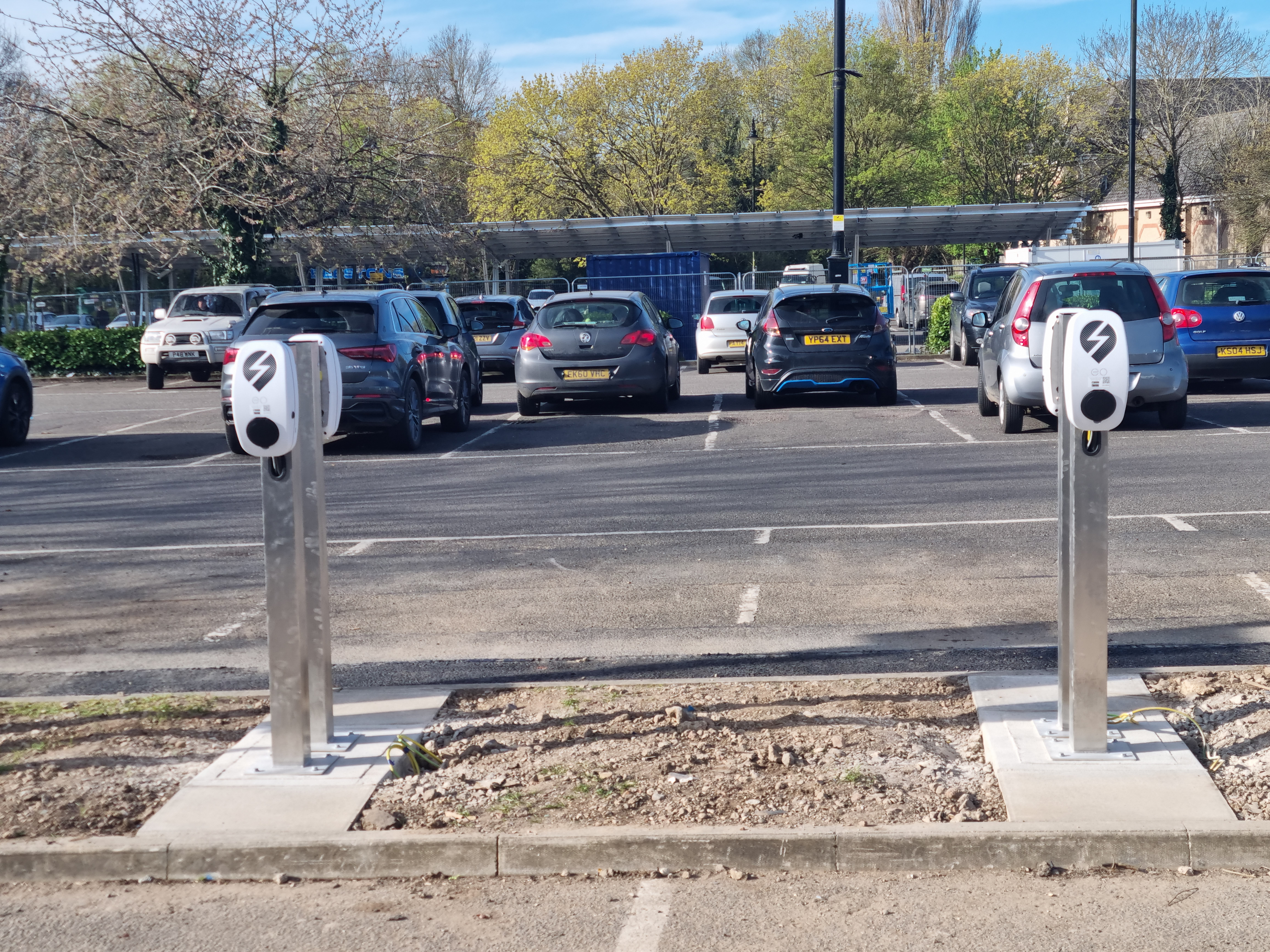Battery Storage Systems (BESS)
Battery storage technologies are essential to speeding up the replacement of fossil fuels with renewable energy. Battery storage systems will play an increasingly pivotal role between green energy supplies and responding to electricity demands.
Battery storage, or battery energy storage systems (BESS), are devices that enable energy from renewables, like solar and wind, to be stored and then released when customers need power most.
Lithium-ion batteries, which are used in mobile phones and electric cars, are currently the dominant storage technology for large scale battery plants to help electricity grids ensure a reliable supply of renewable energy. 1 W/m2K.
Why is battery storage important and what are its benefits?
Battery storage technology has a key part to play in ensuring homes and
businesses can be powered by green energy, even when the sun isn’t shining, or the wind has stopped blowing.
For example, the UK has the largest installed capacity of offshore wind in the world, but the ability to capture this energy and purposefully deploy it can increase the value of this clean energy; by increasing production and potentially reducing costs.
We work with architects, installers, fabricators and end clients to develop the optimal solution for their building's requirements. Contact us today to find out more.

